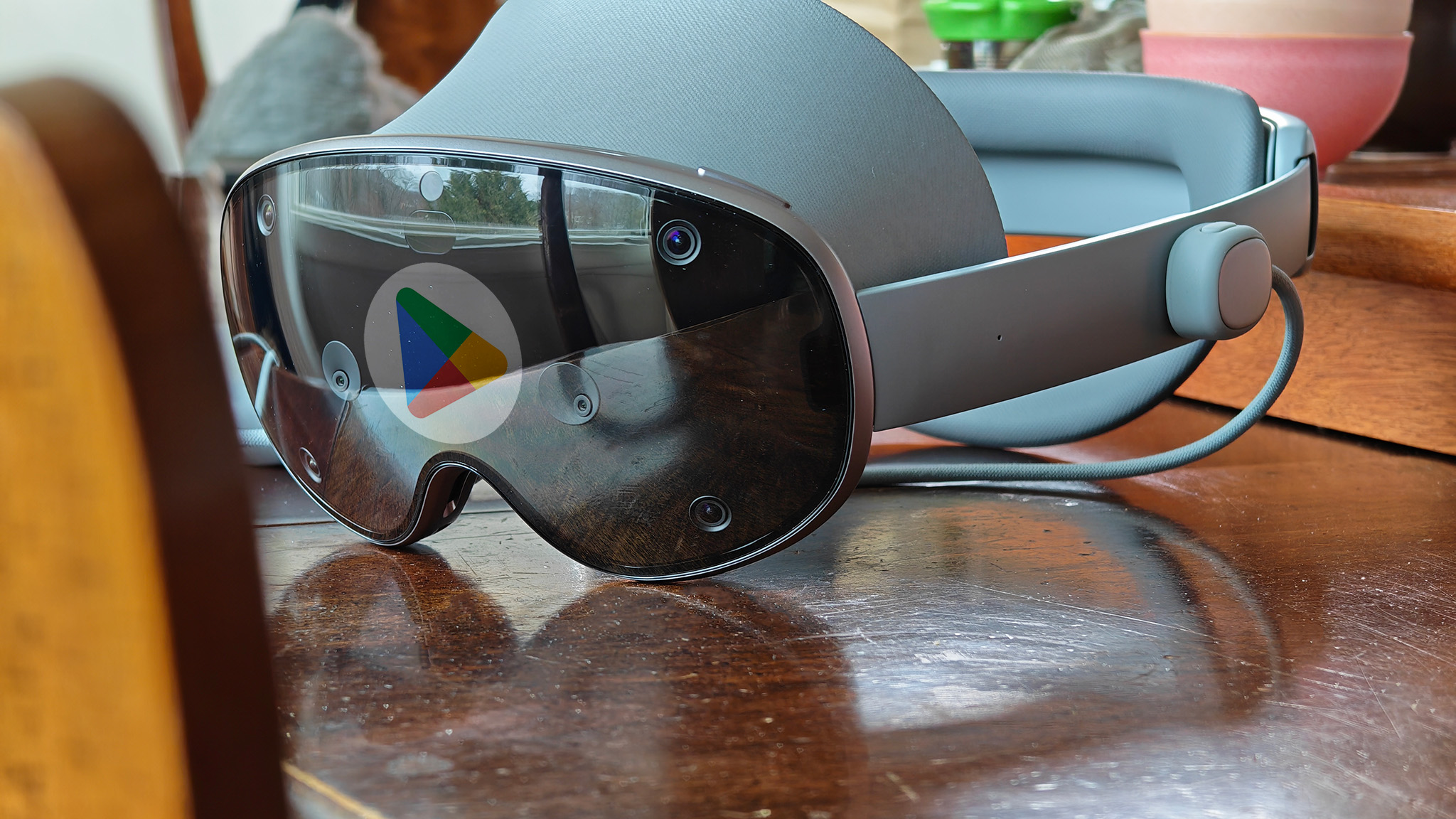5G in the U.S. needs work, but it's not all doom and gloom
With plenty of room for improvement, U.S. 5G networks are competing on the world stage.
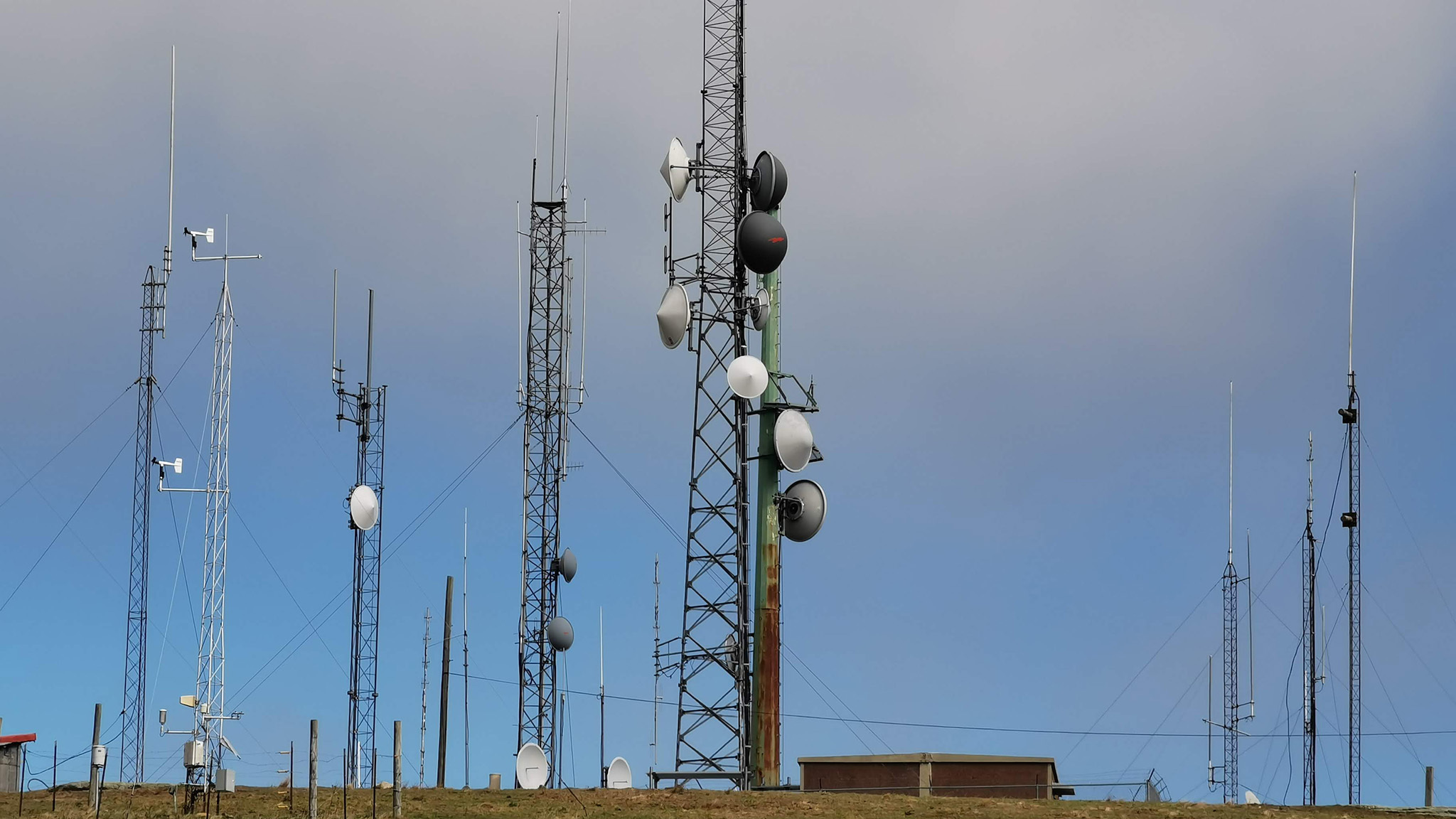
Get the latest news from Android Central, your trusted companion in the world of Android
You are now subscribed
Your newsletter sign-up was successful
Let's get this out of the way right from the jump; building a connected network to cover millions of people across thousands of miles is difficult — and very expensive. Maybe I'm just naive, but I am old enough to remember the transition to 4G LTE back in the day and the struggles that came with it, and in the end, how transformative it was. The current 5G coverage in the U.S. feels similar to that time.
If we believe the words in a recent opinion piece by former Google CEO Eric Schmidt and Harvard professor Graham Allison for the Wall Street Journal, America is failing miserably in its deployment and advancement in its 5G network. He argued that our current state of 5G is worse than many other developed nations around the world.
5G isn't at my home just yet, but it's nearby, and I've seen its growth.
I'm someone who has written plenty of words regarding the terrible state of connectivity in rural areas over the past couple of years. From the lack of broadband to poor cellular coverage, I deal with it all in my everyday life despite what carrier maps may say. At the same time, even in the rural part of Kansas that I live in, I can see the true potential from 5G by traveling about 60 miles from home.
When I say "true potential from 5G," that refers to those fast connections pushing gigabit speeds. I'm making this clarification because a mere 10 miles from my home is a decently sized town where I can get solid 5G signal from T-Mobile, but it's not the mind-blowing speeds many think of when they hear of this new technology. Its speeds are closer to 150-300mbs down with 30-40mbs up.
What's the point of these anecdotes? I only tell you them in an attempt to convey that despite what Schmidt and Allison suggested, the U.S. is in far better shape with its 5G rollout than the article might make you believe.
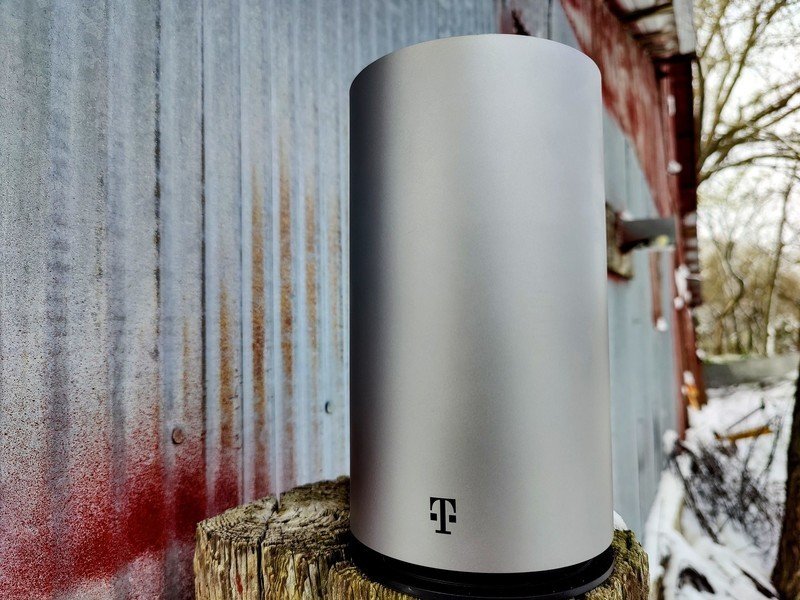
When I read the WSJ article, a few problems stood out to me. For starters, the information cited in the Op-Ed was one to two years old. When I asked Roger Entner, a telecom analyst and founder of Recon Analytics, if current data indicated the U.S. was behind developed countries like China, South Korea, or Israel, he said, "No, not at all. We're on par. I wouldn't be afraid of anybody."
Another discrepancy was that one major US cellular carrier was left out of the piece entirely — T-Mobile 5G. The carrier has been deploying its 5G network faster than any of the other U.S. carriers, even hitting its coverage goal of 200 million people ahead of schedule at the end of 2021. This allows it to utilize its internet service further to cover 30 million homes.
Get the latest news from Android Central, your trusted companion in the world of Android
Schmidt and Allison's omission of T-Mobile from their Op-Ed felt intentional.
Another point of frustration I found in the WSJ piece was the comparison of average speeds. It states, "America's average 5G mobile internet speed is roughly 75 megabits per second, which is abysmal. In China's urban centers, 5G phones get average speeds of 300 megabits per second." Forgetting this is using old data, it's frustrating because it cherry-picks information that benefits their narrative.
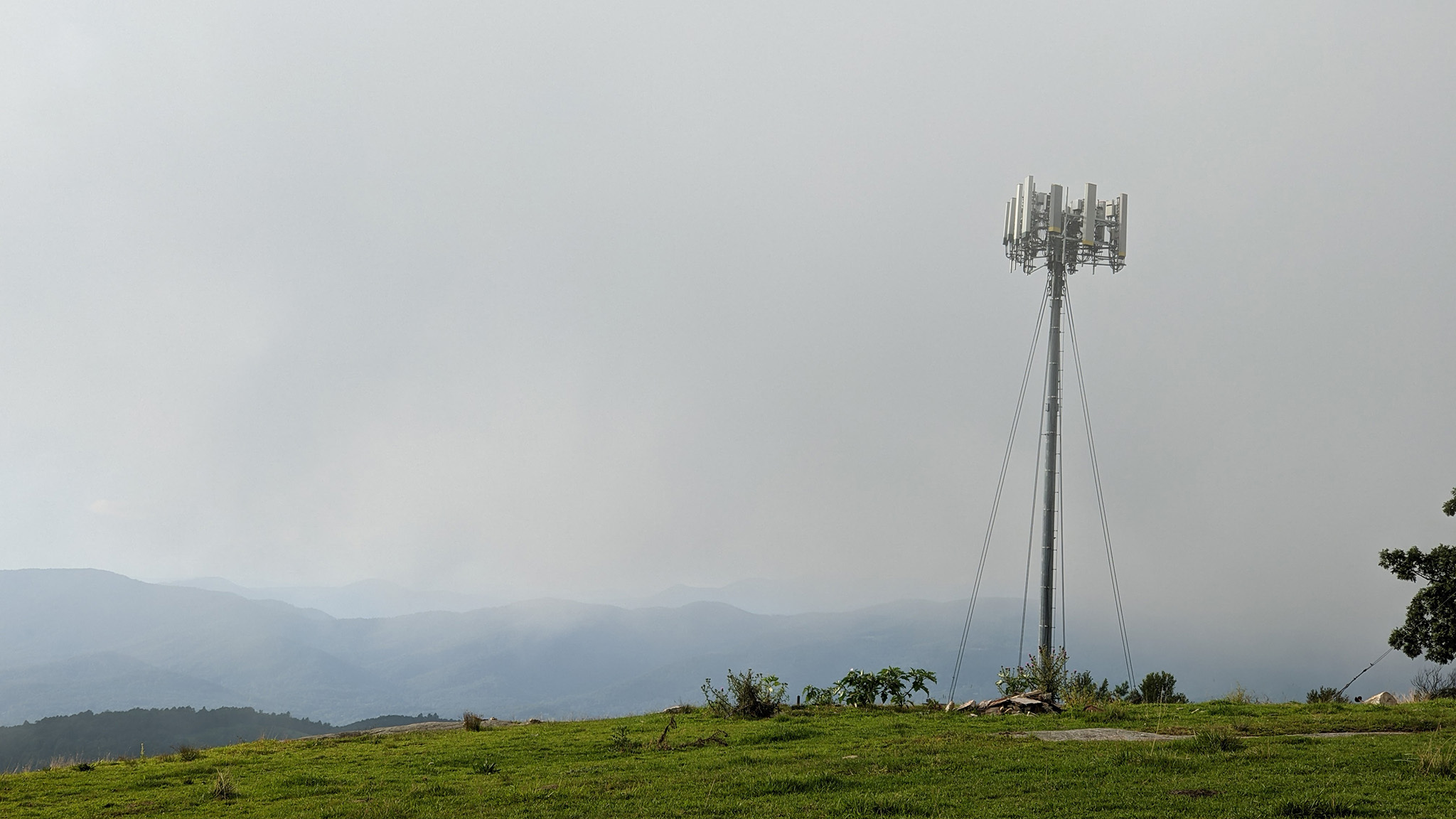
You'd see the exact same gap if you gauged specifically within the U.S. — average national speeds vs. urban speeds in New York, Chicago, or San Francisco, for example. Comparing the average for an entire country against an urban setting is misleading — period. When I asked Bill Ho, a principal analyst at 556 Ventures, his thoughts in regards to this idea, he said, "it's unfair to do an apples-to-apples comparison because of factors such as country population, political structure, geography, usage, and spectrum availability."
Sure, the average speed in the US versus other developed countries is lower. But that is largely because the United States is a vast country, and its size exacerbates network deployment hurdles.
Does this mean that the U.S. is leading the world in 5G? Not necessarily. I asked Anshel Sag, principal analyst at Moor Insights & Strategy, in what ways he felt we were behind; he said, "average speed due to a lack of mid-band, mostly. I also think the whole world is behind on standalone. T-Mobile also led with that."
Many factors can affect 5G speed and deployment — a big one is spectrum.
While T-Mobile 5G is leading the pack in the US as the overall best 5G network, it doesn't mean that other carriers are sitting still. Verizon expanded its C-Band 5G in January 2022, with AT&T making big strides in its own 5G network. The three major networks continue to push each other, and that's a win for the entire U.S.
As mentioned previously, spectrum is a major piece of the 5G network expansion pie. The Federal Communications Commission (FCC) regulates the airwave spectrum in the US and, when possible, auctions off available frequencies. Speaking on the recent spectrum auction, Ho points out that, "The new mid-band and high-band (mmWave) spectrum that has been auctioned does give those carriers (and other competitors) bigger pipes and also with tech, the ability to make even larger pipes to address the future upload and download traffic demands."
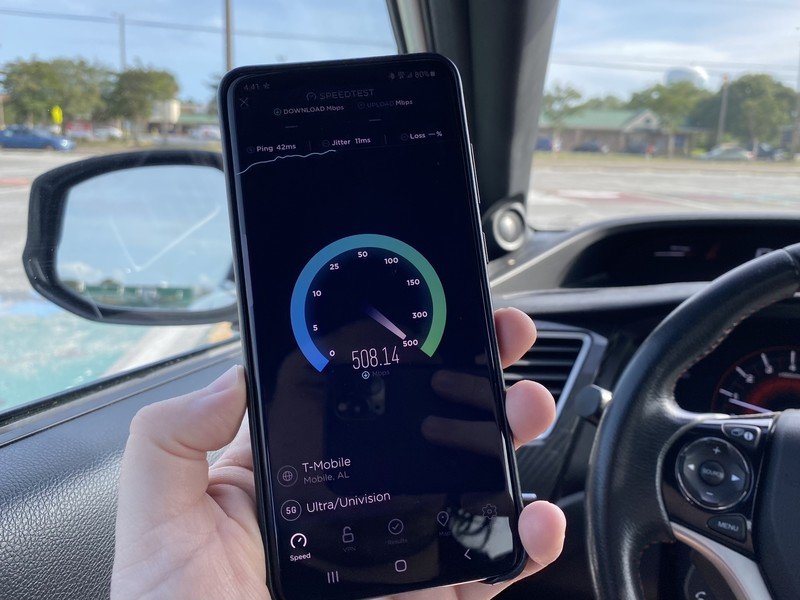
Entner mentions that even more spectrum will soon go up for auction, saying, "they just announced today that there would be another 2.5GHz option in July. There's more spectrum coming for T-Mobile, Verizon, and AT&T. Verizon is waiting for more C-Band to become available, and AT&T is waiting for the combined C band and 3.45GHz equipment to become available, which should be later on this summer."
The final issue I had with the WSJ Op-Ed was the call for a nationalized network. The suggestion is that this would be the solution to becoming competitive in the 5G network race. But I don't see this being a good situation for the American people.
"There's this continuous drive by Declan Ganley, Rivada Networks, and Eric Schmidt to create a national law to create a nationalized 5G network with only one company," Entner explained. "That company would get exclusive access to spectrum and would provide 5G service nationwide."
My problem with this scheme is that reduction of competition rarely benefits the consumer. The drop from four to three U.S. carriers when T-Mobile merged with Sprint inspired plenty of criticism for that reason. One 5G carrier won't have the same competitive drive to expand.
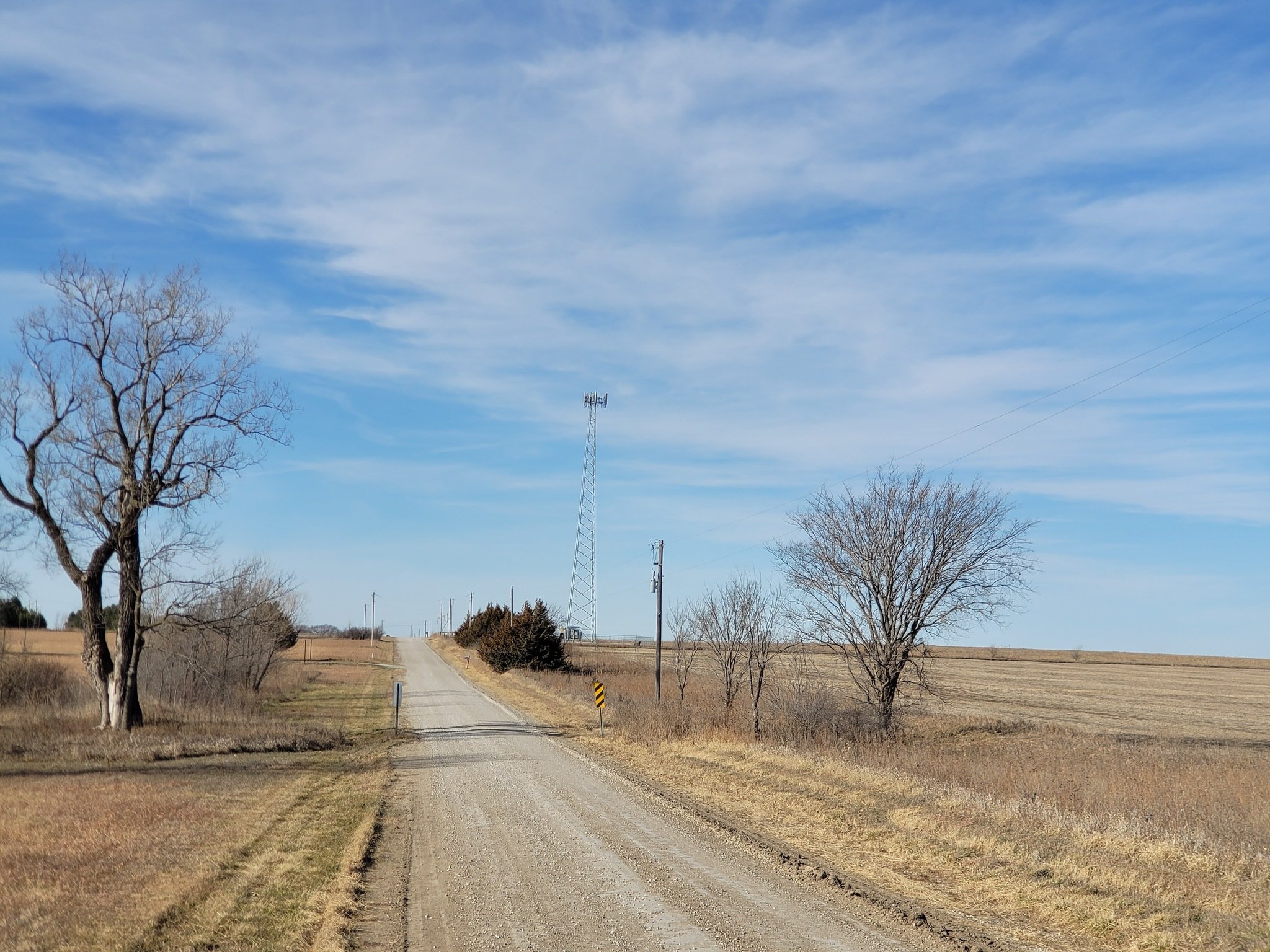
Back to the notion of the difficulty in creating a connected network to cover millions of people over thousands of miles, aside from purchasing spectrum, another significant expense is equipment. Ho expounds on this by saying, "wireless providers have to maintain their older LTE systems while spending on-site upgrades, more equipment, stimulating the device ecosystem at a much greater level than smaller developed countries."
The United States still has a long way to go before 5G networks are mature, but it's not from a lack of effort from the carriers.
Carriers in the U.S. are all vying to be your next cellular provider by stating they have nationwide coverage and the fastest networks. Technically, providers can say "nationwide" if at least 200 million people are covered; but there are still plenty of places in the U.S. where even if you have the best 5G phone, you won't see a 5G symbol show up on your screen. However, this isn't for lack of effort from the carriers.
There are several reasons why you may or may not care about getting 5G service for yourself. The US carriers are working hard to expand coverage and increase connection speeds, with Sag saying, "I think we do have at least one carrier (T-Mobile) that has both great coverage and great speeds."
To say that America is lagging behind other developed nations is both true and untrue, as there are many layers to the 5G conversation, and each one is worth considering. As of today, T-Mobile is leading the 5G charge in the U.S., but with another FCC auction coming up, both AT&T and Verizon have the opportunity to pick up some valuable spectrum to continue the competition at home and abroad.

